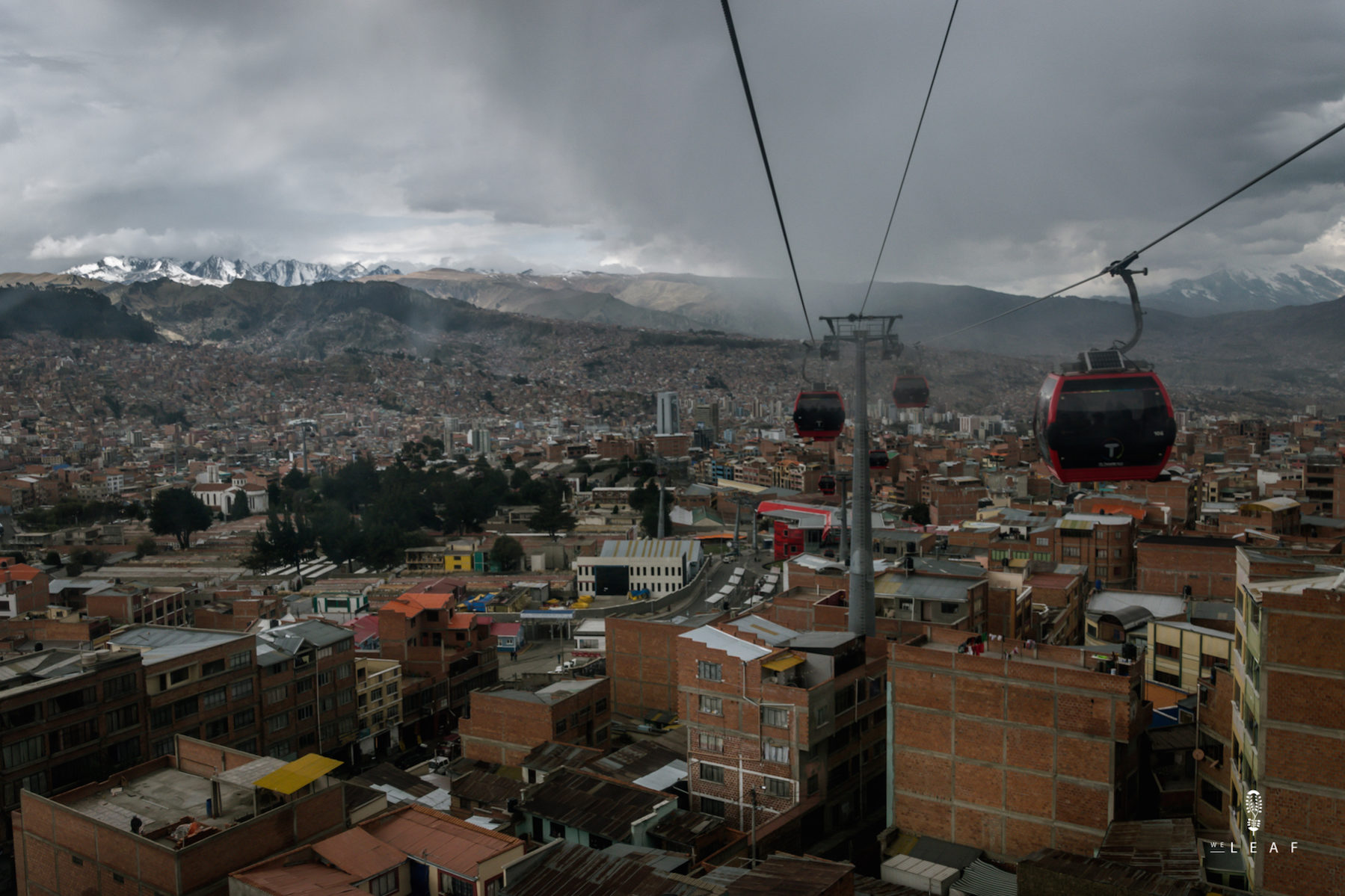
Counting dead animals
June 16, 2018
This is how we deal with aggressive dogs
June 26, 2018WWF Ecolab in La Paz
La Paz, the second largest city in Bolivia, had one month without water in 2016. The tap can open, but no water comes out.
In Santa Cruz we experience this ourselves when they are working on the water network without warning. Olivier had just cleaned the chain of the bikes and was waiting with his hands up past the tap. The tap was off for only five hours, but those five hours, conscious water users, learned us a lesson. Never before did we realize how often we unwittingly use the water tap.
In cooperation with WWF Bolivia, we take a look at the Ecolab, which WWF has developed together with the city of La Paz to draw attention to sustainable water use. The Ecolab fits in the sustainable strategy pursued by La Paz. The sustainable cities program is one of the focus points in which La Paz advances in Bolivia and South America.


In the ecolab visitors are taken in the future by a girl who tells that she is the last survivor of La Paz. In the lab, infographics and stacked bottles of water show the reality to the residents of the city. They knows what it's like to have a drought, but never realized how much water they use every day and so pollute. A small family from La Paz uses 300 liters of water per day. Through small experiments they learn that nature is a closed system where no new water is added. So it is up to us not to pollute that water.
The ecolab is part of the Pipiripi museum, a kind of mini science museum for children and adults where all attractions are made of used material. The use of 'second-hand items' is stimulated by having the children tinker with old material. It is a leisure activity where children let their creativity run wild while they unconsciously pick up that they can also make a drawing on an old paper back home.
In the meantime, they are working together with students from Universities in La Paz who are conducting research into water use and contamination in the city of La Paz. We would like to start up a project with WWF that we can carry out on the bike. We cross all countries in Latin America and can provide perfect comparison material. We are thinking of an investigation into plastic pollution. To be continued!





